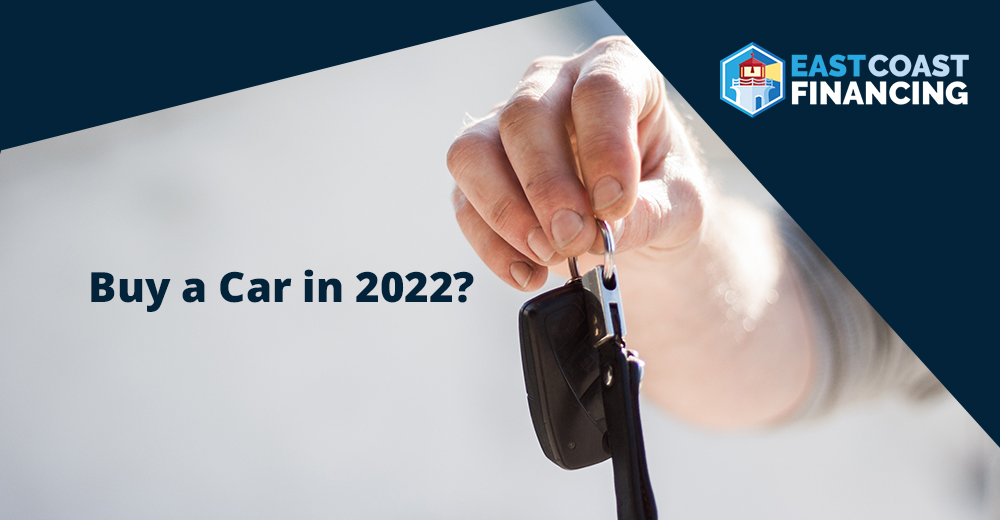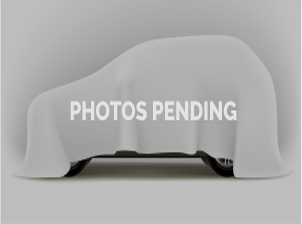Is It Better to Lease or Buy a Car in 2022?

The economic scenario in 2022 looks relatively unstable. In this challenging financial market, purchasing a car with large monthly payments is a huge decision that has the potential to cause a significant dent in your monthly budget.
So, it’s no wonder many customers in Canada, and the US are looking at other options instead of buying a car. Leasing a vehicle is becoming a consideration for more and more people.
The decision of whether to buy or lease a car is complicated. Both options have pros and cons, and choosing one that works for all is impossible. This guide reviews the merits and demerits of leasing and buying to help you better understand how both options work. This guide can help you choose the right one that suits your financial situation and personal preferences.
What Is Leasing and How Does It Work?
Think of leasing as renting a vehicle for the long-term. You pay monthly payments to the dealer for a specific period or until you have driven the car for a certain number of miles. Once the lease period is over, you return the vehicle to the dealer. Usually, car leases last for around three to four years. Besides the monthly lease fee, you’ll also have to pay some extra upfront to cover taxes, dealership fees, and other incidental costs.
Advantages of Leasing:
- Covers repairs: The dealer pays for any repairs you incur during the lease period.
- Low upfront cost: The upfront costs are much lower than what you would have to pay if you purchase new or used cars in Newfoundland, Nova Scotia, or anywhere else in Canada.
- Lower monthly payments: The monthly lease fee is significantly lower than the monthly payments on an auto loan.
Disadvantages of Leasing:
- No equity: When you purchase a car, a part of the monthly payment builds equity for you. With leasing, 100% of the lease fee goes to the dealer.
- Mileage restrictions: Car leases generally have a specific mileage limit, usually around 12,000 kilometres annually. If you drive the vehicle beyond this limit, you must pay an additional fee.
- Other requirements: While regular repairs are covered under the lease, you’ll have to pay extra fees if you return the vehicle badly damaged or in poor condition.
How Does Buying a Car Work in Canada?
Unless you have tens of thousands of dollars available, you’ll have to apply for a Newfoundland, Halifax, or Nova Scotia auto loan to pay for the vehicle. The lender (usually the bank) owns the car until you pay off the loan amount in full.
Advantages of Buying:
- No restrictions: You don’t have to worry about crossing the mileage limits or damaging the car. Since you’re the vehicle owner, you don’t have to pay any penalties on it.
- Builds equity: Part of your monthly car payments goes toward the principal and helps you build equity for your next vehicle.
Disadvantages of Buying:
- Repair costs: When you own a vehicle, you’re responsible for paying for any repairs or damages incurred by the car.
- Higher down payment: Most lenders require you to pay a sizeable down payment to finance the vehicle.
- Depreciation: A car is a depreciating asset, so you’re not likely to recover the amount you paid for the vehicle during resale.
Leasing Vs. Buying a Car: Which Is the Better Option?
As you can see, both methods have their pros and cons. Ultimately, you must consider your financial situation and personal preferences to choose the best option that works for you. You can buy a car if you prefer the comfort and convenience of owning a new vehicle with no restrictions. If you want to cut down your monthly expenses, leasing works better for you. Analyze both options’ pros and cons and choose the right one for you.
Get a no-obligation assessment of your trade-in value below, or fill out this form to talk with one of our agents about your financing options:

